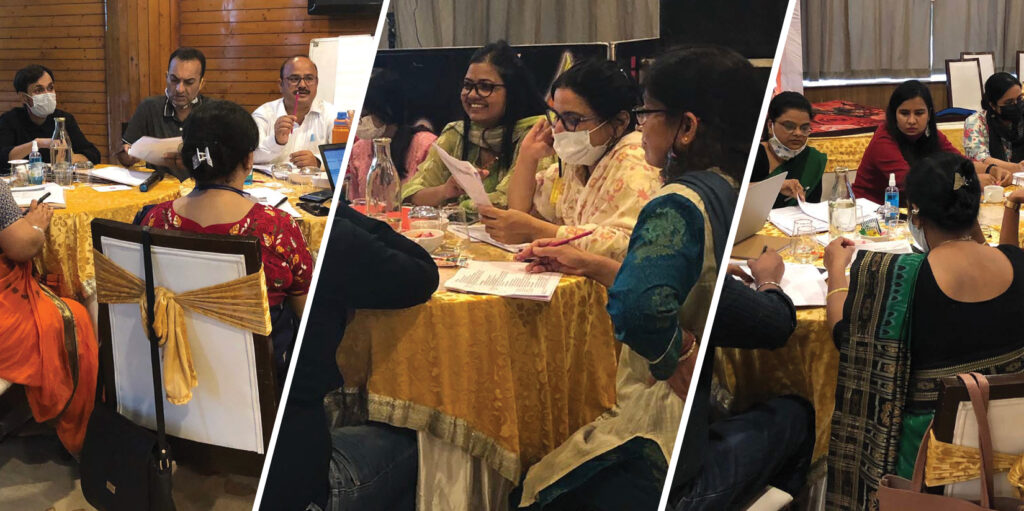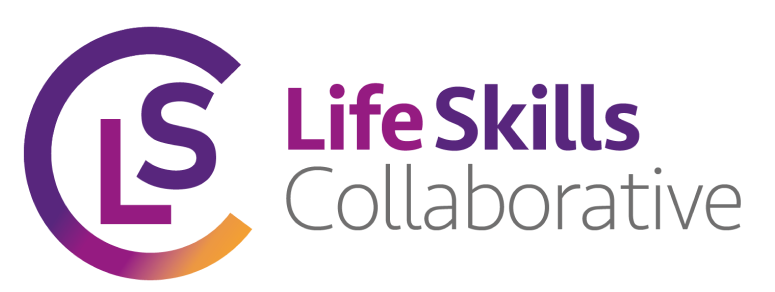- /
- /
- /
-
LSC’s Uttarakhand workshop on assessment tools validation gathers valuable insights
LSC’s Uttarakhand workshop on assessment tools validation gathers valuable insights
Life Skills Collaborative (LSC)’s Assessments Tools were optimistically received and acknowledged for their effectiveness during a 3-day workshop in Uttrakhand. The workshop, hosted in Dehradun from 4th to 6th October, 2021, was attended by 21 experts from the State Council of Educational Research and Training (SCERT), and DIET departments.
When asked about the learnings from the workshop, Dr. Jagmohan Singh Pundir, an expert from DIET, Pauri, Garhwal, said, “The Wellbeing Tool was quite comprehensive. It helped us assess mental health, emotional wellbeing, self-assessment, and self-awareness among the students.”
Varsha Bharadwaj, a SCERT expert, from Dehradun added, “I liked the general and state-specific relevance of the tools, and the validation process for evaluating the tools’ effectiveness. I also appreciate the way in which the Teacher Tool has been created.”
Sarita Pandey, a DIET expert from Almora, also expressed support for the tools by saying, “I appreciate the process of creating the Future Readiness Tool. I am glad that appropriate knowledge, and sub-skills have been considered in its preparation.”
A Holistic Discussion on Assessment Tools
The workshop kicked off on Day 1 with an introduction to Life Skills Collaborative and the assessment tools, with a deeper emphasis on the Teacher Tool; the approach to its design and construction. On Day 2, participants discussed the design and process of creating the Future Readiness and Wellbeing tools. The other half of the workshop involved a deep-dive into reviewing the three assessment tools, sharing feedback, and the learnings from the workshop.
There were dedicated group discussions on each parameter of the tools, bringing out valuable inputs and suggestions. For instance, a few experts suggested using alternative words in Hindi which would be better understood by the students, restructuring the sentences and using more culturally appropriate examples in the items. The feedback also touched upon parameters like difficulty level (from students’ perspective), language, the rigour of the tool creation process, and so on.
Richa, an expert from DIET, Dehradun, emphasized the use of short sentences, easy language, and a smaller format for the tools.
A few participants also recommended making the tool items state-specific, to make them contextually relevant for Uttarakhand.
In the 3-day intensive workshop, the 21 experts were divided into 3 groups for an all-inclusive tools’ discussion. Every expert had constructive feedback towards the tool design, to a more elaborate review of each tool item. In fact, the thorough validation process was well-appreciated, and was called, “interactive, specific, and systematic”, and the tool building process “rigorous.”
After incorporating the necessary feedback from experts, LSC hopes the tools would aid in paving the way for designing a Life Skills specific curricula for students.




